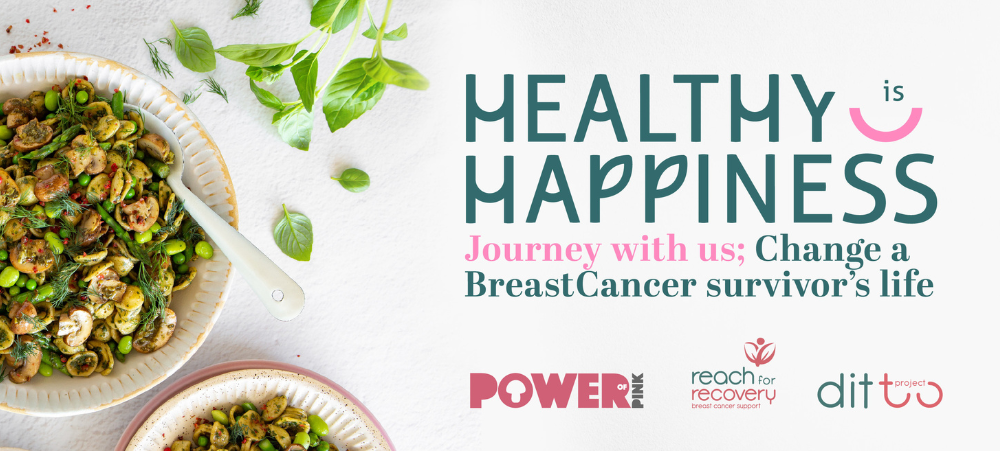Part of growing up is trying new things and at some point most teenagers experiment with alcohol. It is difficult to know at the outset which teens will only experiment versus those who will use alcohol casually and those who will develop serious alcohol abuse issues.
Peer pressure becomes intense during the teenage years and is fuelled by adolescents’ strong need to belong to (or be part of) a group. Many teens also find themselves caught up in social situations where they are pressured to indulge in potentially risky behaviour which is often difficult to handle for fear of being ridiculed, isolated or mocked. This can occur in numerous environments including; school, sporting events, bars, parties and even casual get-togethers.
Parents play a crucial role in mitigating some of this pressure to conform to the group and need to step up and speak to teenagers about the consequences of their actions. Alcohol abuse can negatively affect their lives if they are not equipped with the necessary information to make the right decisions. The comprehensive dangers of underage drinking are varied and can have lasting effects on both mental and physical development. Teens also tend to binge drink, which can lead to risky sexual behaviour, sexually transmitted diseases and unwanted pregnancies.
The rise in underage drinking in South Africa has recently come under the spotlight with many alarming statistics being reported. Government has even joined the battle to try and combat the problem by considering legislation to increase the legal drinking limit from 18 to 21 years.
According to Adrian Botha, Spokesperson for the Industry Association for Responsible Alcohol Use (ARA), “added restrictive legislative measures are not going to make a difference if they are not enforced and increasing the legal drinking age will not have an impact on the 14 and 15 year old’s who are currently drinking. Education and communication starts at home with active parental involvement and this along with the enforcement of the current limit will address the problem.”
The ARA distributes a Teenagers & Alcohol information booklet to schools in Johannesburg and the Western Cape, this booklet reinforces the message of the harmful consequences of underage drinking and aims to assist parents in finding a platform to communicate openly and honestly with their teens on alcohol use. “The issue of underage drinking is of great concern to us and it is for this reason that the ARA has funded the production of the “Teenagers & Alcohol” booklet as a practical guide aimed at encouraging parents to communicate with their children from an early age about the harmful effects of alcohol,” says Botha.
Open dialogue with an adult role model helps teenagers to make informed decisions about alcohol and research has shown that teenagers who have regular chats with their parents about drugs and alcohol are less likely to use these substances.
- Talk with your teen about ways to handle pressure from friends to drink. Teach your teen how to say “no” and to suggest doing something different (safe). To feel comfortable talking openly with you, your teen needs to know that you will not punish him or her for being honest.
- Talk about family expectations and rules about alcohol use. Clearly state and enforce the consequences for breaking the rules.
- When your teen wants to talk about alcohol, listen to his or her opinions, help him or her make good decisions, and treat him or her with respect.
- Get to know your teen’s friends. Know where they hang out and what they are doing. Talk with the friends’ parents about alcohol.
- Do not serve alcohol to your teen or his or her friends.
- Be a role model. If you drink, do so responsibly.
The ARA has also has ongoing partnerships with the organisations that educate teenagers about the dangers of underage drinking including Lifetalk, through their Speak Up initiative, now in its second year, which is run in schools in Gauteng. Speak Up equips teenagers with the tools of assertion, enabling them to ‘speak up’ against peer pressure and encourage fellow teenagers to do the same. The programme is aimed at learners, parents and teachers.
“As parents it is never too late to start having conversations with your teenagers about alcohol and the harmful effect it has on young children. Don’t be afraid to consult professionals if you are faced with this situation. They can also phone the school counsellor to get the details of suitably qualified professionals who have experience working with adolescent alcohol issues,” concludes Botha.
For more information contact www.ara.co.za
targeted toward Parents.
We understand that there are many aspects that encompass a Mother, Father or Child and strive toward providing resources and services that accommodates
this.
Our content is aimed to inform and educate families on issues starting from
pregnancy through to the challenges of the teen-age years.
- Spring’s Hero Salad: Fresh, Filling & Full of Flavour - October 8, 2025
- Screen Time Strategies: Finding Balance in a Digital World - October 8, 2025
- Mindful Parenting: Staying Calm Amid Chaos - October 7, 2025





